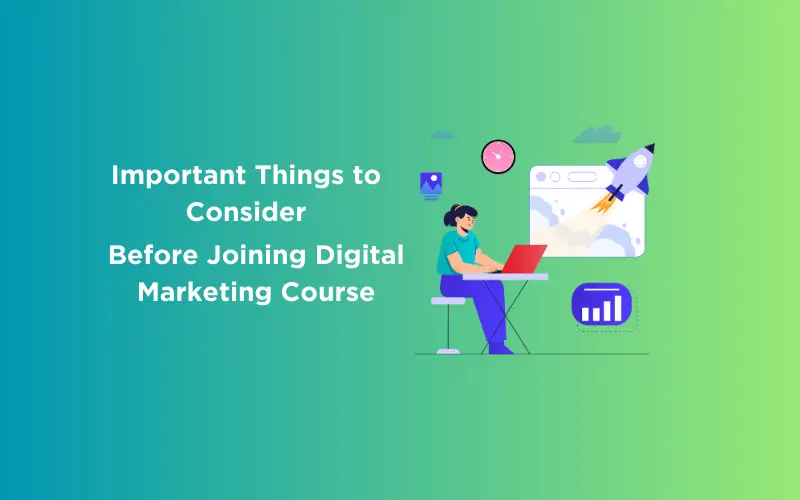
10 Important Things to Consider Before Joining Digital Marketing Course
Mar 12, 2025 6 Min Read 6173 Views
(Last Updated)
Digital marketing is an exceptionally dynamic field that keeps on evolving with the changing trends, users, and technology. Selecting the appropriate digital marketing course can ultimately profoundly influence your career, regardless of whether you are an aspiring marketer, a company owner, or just trying to upskill.
Now, there are a lot of digital marketing courses helmed by big ed-tech, top institutions, and highly experienced industry professionals in the market. But with a plethora of options out there, how do you make the right choice? How to choose the best digital marketing course for you? What factors should you consider before selecting a digital marketing course for you?
Well, this blog will provide you with a comprehensive overview of all the things you should consider before joining a digital marketing course that can catapult your career to new heights of success and employability. So, let’s get started.

Table of contents
- Things to consider before joining a Digital Marketing Course
- Course Curriculum and Content
- Feedback and Reviews
- Certification/Accreditations
- Course Instructors/Mentors and Their Expertise
- Hands-on Projects and Portfolio Building
- Course Duration, Schedule and Medium
- Cost and Return on Investment
- Doubt Solving Arrangements
- Access to Learning Material/Resources
- Batch Strength
- Why Join a Digital Marketing Course?
- Conclusion
- FAQs
- Which is the best digital marketing course?
- How to find the best digital marketing course for me?
- Are digital marketing courses available for free?
- What are the contents of an ideal digital marketing course?
- Should I join a digital marketing course?
Things to consider before joining a Digital Marketing Course
Going for a digital marketing course is arguably one of the best ways to learn this in-demand skill. According to digital marketing experts, finding the right course for you is even more important than joining the digital marketing course altogether.
You must deeply evaluate and consider the course curriculum, content, duration, RoI, reviews, accreditations, and other offerings in terms of certification and placements, before joining a digital marketing course. Let’s understand these factors to consider before joining a digital marketing course in detail:
1. Course Curriculum and Content
When delving into the realm of digital marketing courses, the curriculum and content are paramount. A well-structured curriculum is the backbone of any effective digital marketing course. Here’s what to look for:
- Comprehensive Coverage: The ideal curriculum should encompass all facets of digital marketing including Search Engine Optimization (SEO), Pay-Per-Click (PPC) advertising, social media marketing, content marketing, email marketing, mobile marketing, and data analytics.
- Up-to-Date Content: Digital marketing is a dynamic field with constant updates and new trends. It should include the latest trends, tools, and techniques used in the industry. For instance, the course should cover the use of AI and machine learning in digital marketing.
- Balance Between Theory and Practice: While theoretical knowledge is important for foundational understanding, digital marketing is largely a practical field. Look for courses that offer real-world case studies, hands-on projects, and simulations.
- Customization and Specialization: Some courses offer modules that cater to specific interests or career paths within digital marketing. If you have a particular area of interest, such as social media marketing or data analytics, check if the course offers specialized modules or electives in these areas.
- Skill Development Focus: The course should aim at developing skills that are in high demand in the job market. The curriculum should be designed in a way that you come out as a job-ready professional.
- Industry-Relevant Tools and Software: Familiarity with tools and software used in the industry can set you apart in the job market. The course should provide training on popular digital marketing tools like Google Analytics, SEMrush, Hootsuite, HubSpot, and others.
- Interactive Learning: Look for courses that offer interactive learning experiences, such as live projects, group discussions, and workshops which help develop communication and teamwork skills, which are crucial in a professional setting.
Also Read| Digital Marketing Syllabus for Beginners
2. Feedback and Reviews
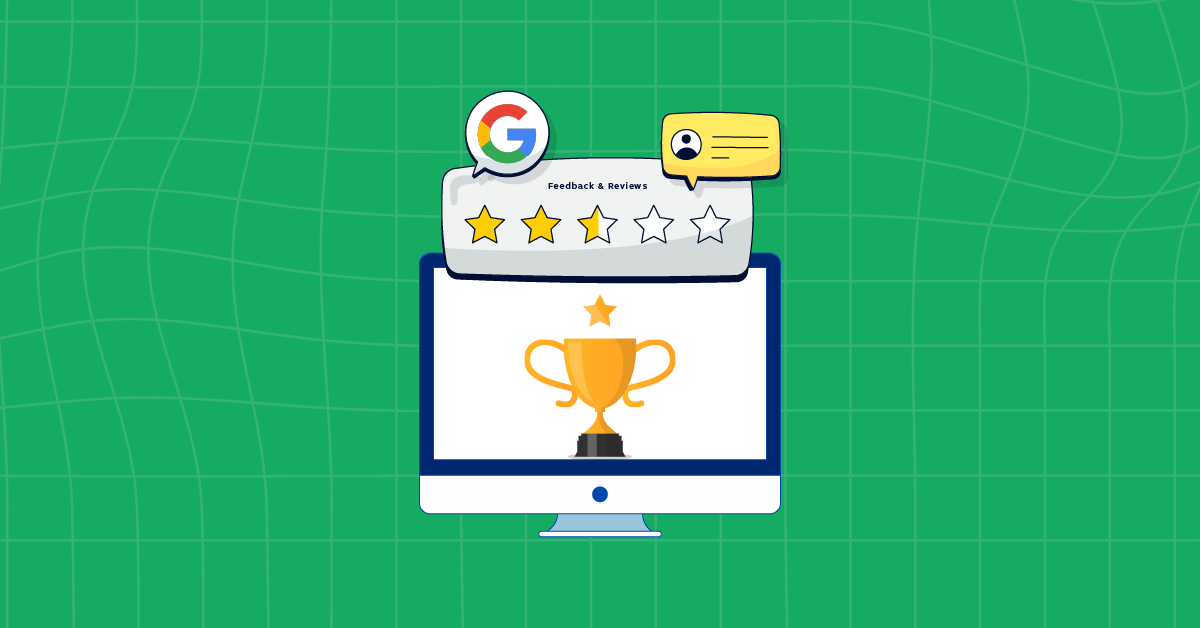
Feedback and reviews are invaluable when selecting a digital marketing course. They offer insights beyond the glossy brochures and marketing pitches. Here’s how to navigate them:
- Source Diversity: Look for reviews across various platforms – educational forums, social media, Google reviews, and alumni testimonials. A diverse range of sources provides a more balanced view.
- Authenticity Check: Be wary of overly positive or generic reviews. Authentic feedback usually includes specific details about the course experience.
- Consistency in Feedback: Pay attention to recurring themes. If multiple reviews highlight the same strengths or weaknesses, they’re likely accurate.
- Post-Course Success Stories: Reviews that mention career advancements or skill improvements post-completion are particularly telling of the course’s effectiveness.
- Response to Criticism: Notice how the institute responds to negative feedback. An institute that constructively addresses criticism demonstrates a commitment to quality and continuous improvement.
Also Read| Detailed Digital Marketing Roadmap for Beginners
3. Certification/Accreditations
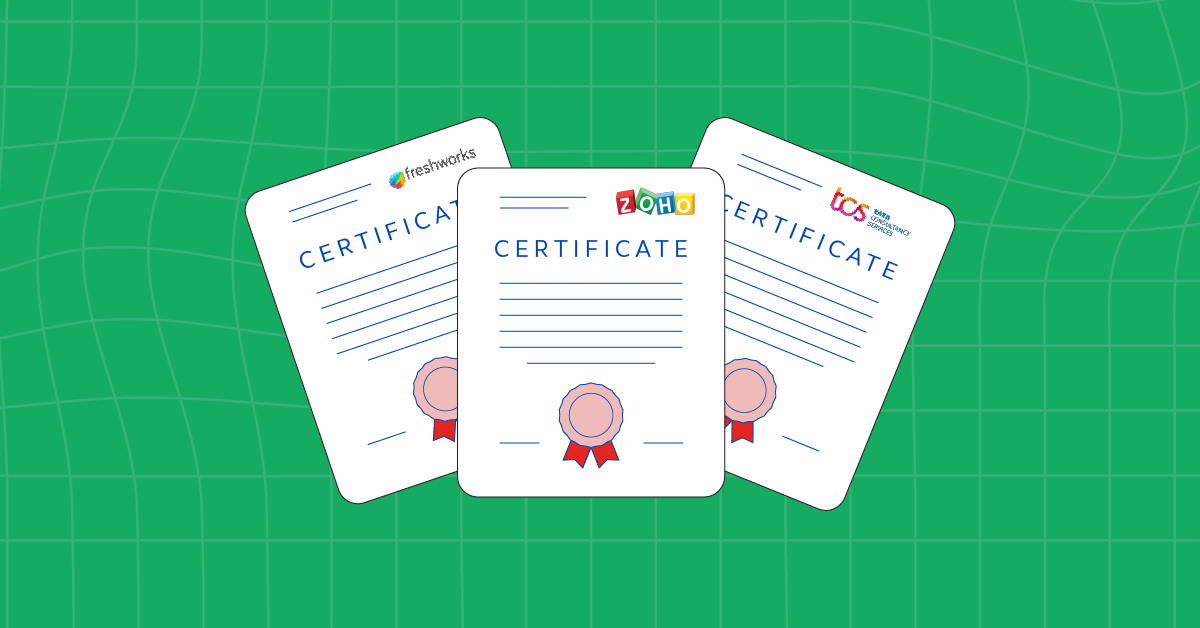
Checking the certification and accreditation/recognition of a said digital marketing course is a major factor to be considered before joining a digital marketing course. While accreditation ensures the credibility and quality of the education you’ll receive, a laden certification will be instrumental in the job search.
Accreditation is particularly important as it assures you that the time and resources you invest in the course will yield valuable, industry-recognized education. How?
An accredited digital marketing course has been evaluated and recognized by a relevant educational authority or professional body for meeting certain quality standards in education. This process ensures that the course content, teaching methodologies, and educational outcomes meet the high standards expected in the industry.
When a digital marketing course offers certifications from well-known and respected entities in the industry, it adds significant weight to your professional profile, validating your expertise to potential employers. These certifications are often recognized globally and can enhance your employability, giving you an edge in the job market.
Enrolling in GUVI’s Digital Marketing course can help you become an expert in the digital world, regardless of your level of marketing expertise. Learn the ins and outs of email marketing, social media marketing, content production, SEO, and more from professionals in the field. Through practical projects and real-world case studies, acquire job-ready skills with globally recognized certifications.
Additionally, if you want to explore Marketing Research Techniques through a Self-paced course, try GUVI’s Marketing Research Techniques certification course.
Also Read| Here’s How Quickly You Can Become a Digital Marketing Professional
4. Course Instructors/Mentors and Their Expertise

The caliber of instructors and mentors is a critical factor in the effectiveness of a digital marketing course. These professionals are not just teachers; they are industry veterans who bring a wealth of real-world experience and insights.
When evaluating a course, consider the background and expertise of the faculty. Look for instructors who have a strong presence in the digital marketing field, with a track record of success in areas like SEO, social media marketing, or analytics.
Seasoned instructors can provide invaluable networking opportunities and career advice, inspire you to explore new ideas and strategies in digital marketing, and guide you through the complexities of the industry. Their practical experience, combined with academic proficiency, will help you understand how theory concepts are applied in real business scenarios.
Also Explore the Best Websites to Learn Digital Marketing
5. Hands-on Projects and Portfolio Building
Hands-on projects and portfolio building are crucial components of a comprehensive digital marketing course. They bridge the gap between theoretical knowledge and practical application, allowing you to apply what you’ve learned in real-world scenarios.
Also Read| The Best Digital Marketing Projects to Catch the Eye of Future Employers
A well-crafted portfolio showcases your competence to potential employers or clients, demonstrating your ability to deliver tangible results. A robust portfolio can include successful SEO strategies, social media campaigns, content marketing efforts, and analytics reports.
Look for courses that emphasize project-based learning, where you can work on actual digital marketing campaigns, analyze real data, and devise marketing strategies. This hands-on experience and a strong portfolio are invaluable assets in your digital marketing career, setting you apart in a competitive job market.

6. Course Duration, Schedule and Medium
Selecting a digital marketing course with a suitable duration and schedule is crucial for effective learning. Course lengths vary, from short-term, intensive programs ideal for quick skill acquisition, to longer, in-depth courses for comprehensive learning.
While a LIVE online class may be more helpful in mastering concepts in-depth under experts, some digital marketing courses also offer recorded lectures that offer a self-paced approach to learning, which can prove to be a more liberating and flexible learning aid, that can be accessed anytime as per the needs of the learner.
Some courses are more intense, stretching over 3-6 months usually, which can get daunting for individuals with extra engagements or responsibilities. The right combination of duration, medium, and scheduling will enhance your learning experience and ensure efficient application and complete absorption of the course material without feeling overwhelmed.
So, consider your personal and professional commitments when choosing between part-time, full-time, or online courses. Flexible scheduling options, like evening or weekend classes, can accommodate your lifestyle, ensuring a balance between learning and other responsibilities.
Also Explore 8 Best YouTube Channels to Learn Digital Marketing
7. Cost and Return on Investment

Now, coming to the most important thing to consider before joining a digital marketing course is the return on investment. How much benefit are you getting against the cost you’re putting in? When evaluating the cost of a digital marketing course, the focus should be on the Return on Investment (ROI). It’s not just about the fee you pay, but what you get in return in terms of career advancement, skill enhancement, and potential salary increases.
Assess the course’s value by considering how it aligns with your career goals. Will it provide you with the latest skills and tools? Does it offer networking opportunities and real-world project experience? Check whether the course is providing placement or internship opportunities. These factors can significantly impact your professional growth and earning potential, making the investment worthwhile.
A course with a higher cost might offer more comprehensive training, access to industry experts, and better job placement opportunities, leading to a higher ROI in the long run. Conversely, a less expensive course might seem economical but could fall short in delivering the depth of knowledge and skills needed to progress in the competitive digital marketing field.
Also Know About Digital Marketing Salary in India: A Comprehensive Guide
8. Doubt Solving Arrangements
Effective doubt-solving arrangements are essential in a digital marketing course, ensuring a clear understanding of complex topics. Look for courses offering regular Q&A sessions, one-on-one mentorship, and interactive discussion forums. Accessibility to instructors for personalized guidance is crucial.
Since most digital marketing courses are online, a superior doubt-addressing system becomes even more important for the overall learning experience.
Additionally, consider if the course provides after-class support, like email queries or a dedicated helpdesk. The availability of supplementary resources, such as tutorial videos or FAQs, can also aid in clarifying doubts.
A course with robust support mechanisms fosters a more comprehensive learning experience, allowing you to grasp concepts thoroughly and apply them confidently in practical scenarios.

9. Access to Learning Material/Resources
Access to comprehensive learning materials and resources is a vital aspect of any digital marketing course. Quality courses should offer a rich repository of resources, including up-to-date e-books, case studies, industry reports, and interactive digital tools.
The availability of online resources for extended learning, such as webinars, video tutorials, and podcasts, is also beneficial. These materials should be accessible both during and after the course completion, allowing for continuous learning and reference. So, look for courses that offer lifetime material access and recordings as well in case of online LIVE classes.
Also Read | Top Digital Marketing Tools You Need to Learn as a Digital Marketer
10. Batch Strength
The size of the batch in a digital marketing course plays a crucial role in the quality of learning and interaction. Smaller batch sizes are preferable as they allow for more personalized attention from instructors, fostering a better learning environment.
With fewer students, instructors can address individual queries more effectively and tailor their teaching to suit specific needs and learning paces. Additionally, smaller batches encourage more meaningful discussions and collaboration among peers, enhancing the overall learning experience.
Hence, do ensure that the batch size of the digital marketing course is optimal, which will ensure that you receive adequate guidance and support, maximizing the educational benefit of the program.
Why Join a Digital Marketing Course?
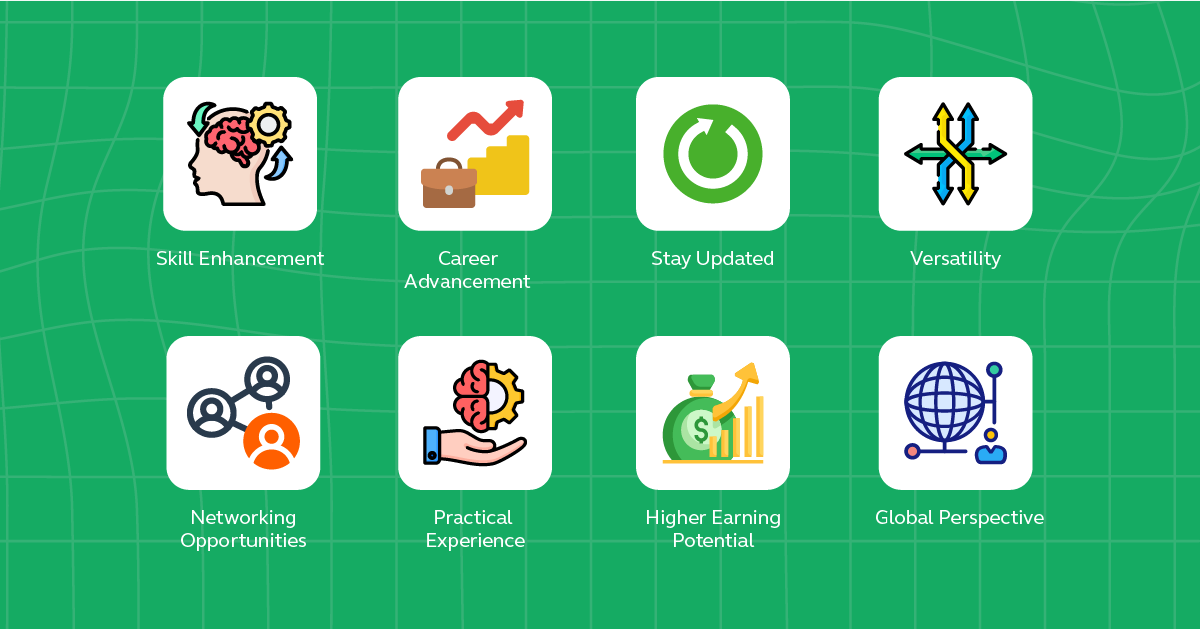
Digital marketing courses open doors to a multitude of opportunities. They equip you with the latest skills and knowledge, making you an asset in the job market. Whether you’re looking to start your own business, climb the career ladder, or simply stay relevant in your field, these courses are your stepping stones to success.
Here’s why you should join a digital marketing course:
- Skill Enhancement: Acquire in-demand skills like SEO, content marketing, and analytics, essential in the digital era.
- Career Advancement: Open doors to new job opportunities and career growth in a rapidly evolving field.
- Stay Updated: Keep pace with the latest digital marketing trends and technologies.
- Versatility: Gain skills applicable across various industries, increasing your employability.
- Networking Opportunities: Connect with professionals and experts in the field.
- Practical Experience: Learn through hands-on projects, preparing you for real-world challenges.
- Higher Earning Potential: Digital marketing expertise often leads to better-paying job roles.
- Global Perspective: Understand global marketing trends, making you valuable to multinational companies.
Join GUVI’s Digital Marketing Course to kickstart your journey in this exciting field. Gain expertise in ChatGPT, WordPress, Meta Business Suite, Google Analytics, Youtube Analytics, Google Ads Manager, and more. Master essential skills in SEO, social media marketing, email marketing, content creation, and digital advertising tactics to excel in the Digital Marketing industry.
Additionally, if you want to explore Marketing Research Techniques through a Self-paced course, try GUVI’s Marketing Research Techniques certification course.
Conclusion
Taking up a digital marketing course is a great investment for your future. Hence, we must research and verify the course well, just like we would do for any monetary investment. Just make sure that the course caters to your career goals.
With the right course, you’ll not only gain valuable skills but also open doors to new and exciting career opportunities. Remember, the digital world is constantly evolving, and staying updated is the key to success. So, upskill well, choose wisely, and make the most of your learning opportunities.
Also Explore the best Product-based Companies for Digital Marketing Freshers
FAQs
-
The “best” course depends on your individual needs, including your current skill level, learning style, and career objectives.
-
Assess your goals, research courses, read reviews, and consider the factors listed in this guide to find the course that best suits your needs.
-
Yes, there are free courses available, but they may not offer the depth, accreditation, or hands-on experience of paid programs.
-
An ideal course should cover a range of topics, from SEO and content marketing to analytics and social media strategies.
-
If you’re looking to enhance your skills, stay updated with industry trends, or pivot your career, joining a digital marketing course is a wise decision.

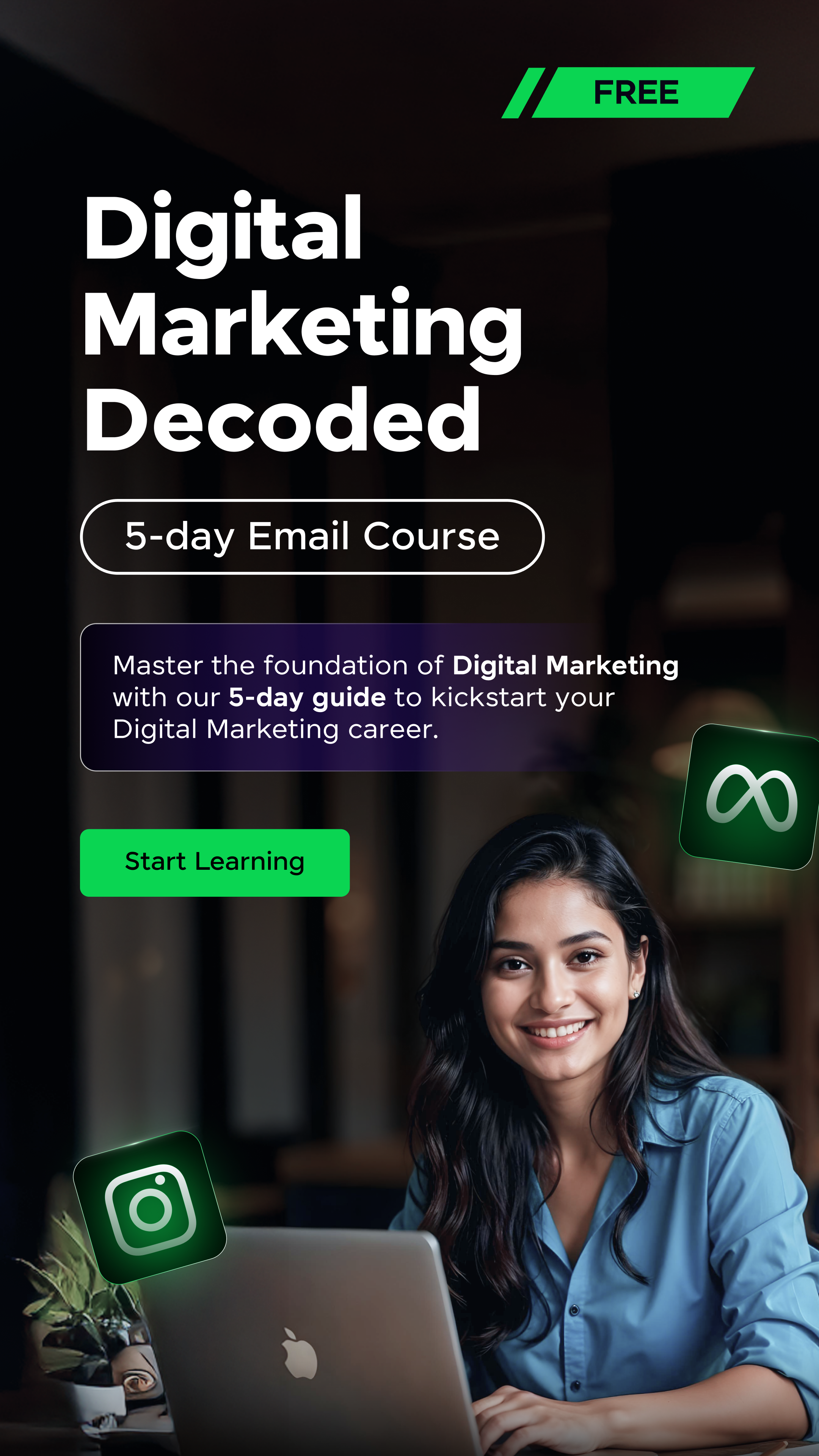


















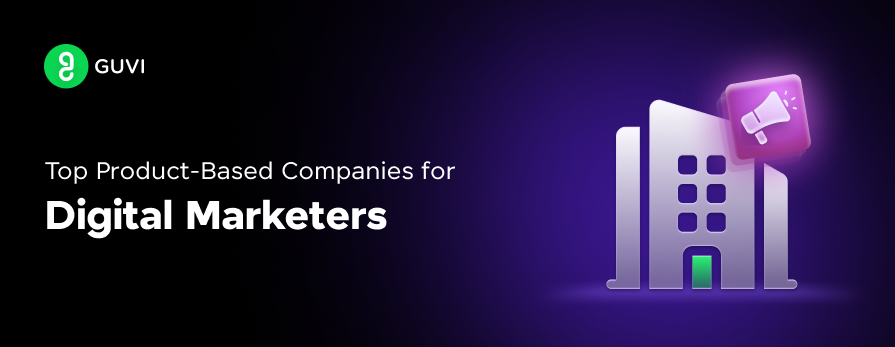



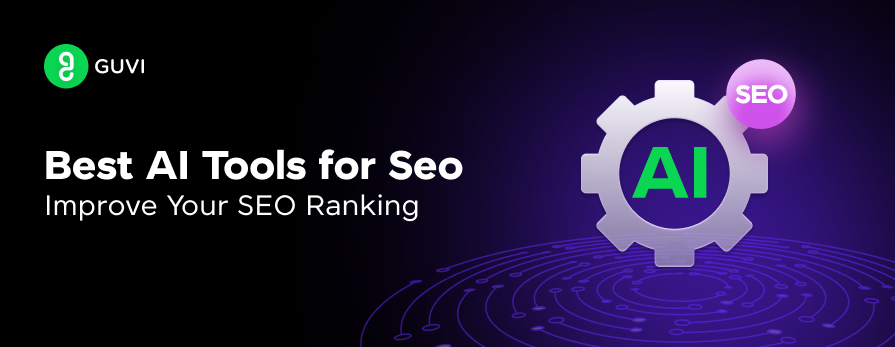





he 10 points you outlined are a fantastic breakdown for anyone considering a digital marketing course! It covers all the essential bases from setting goals and choosing the right curriculum to finding instructors with practical experience.
Wow, thanks for putting together this list of digital marketing courses! It's been incredibly helpful in navigating the many options available. I really appreciate the effort you invested in curating this list. It's a fantastic resource for anyone looking to upskill in digital marketing. Please keep sharing informative content like this!